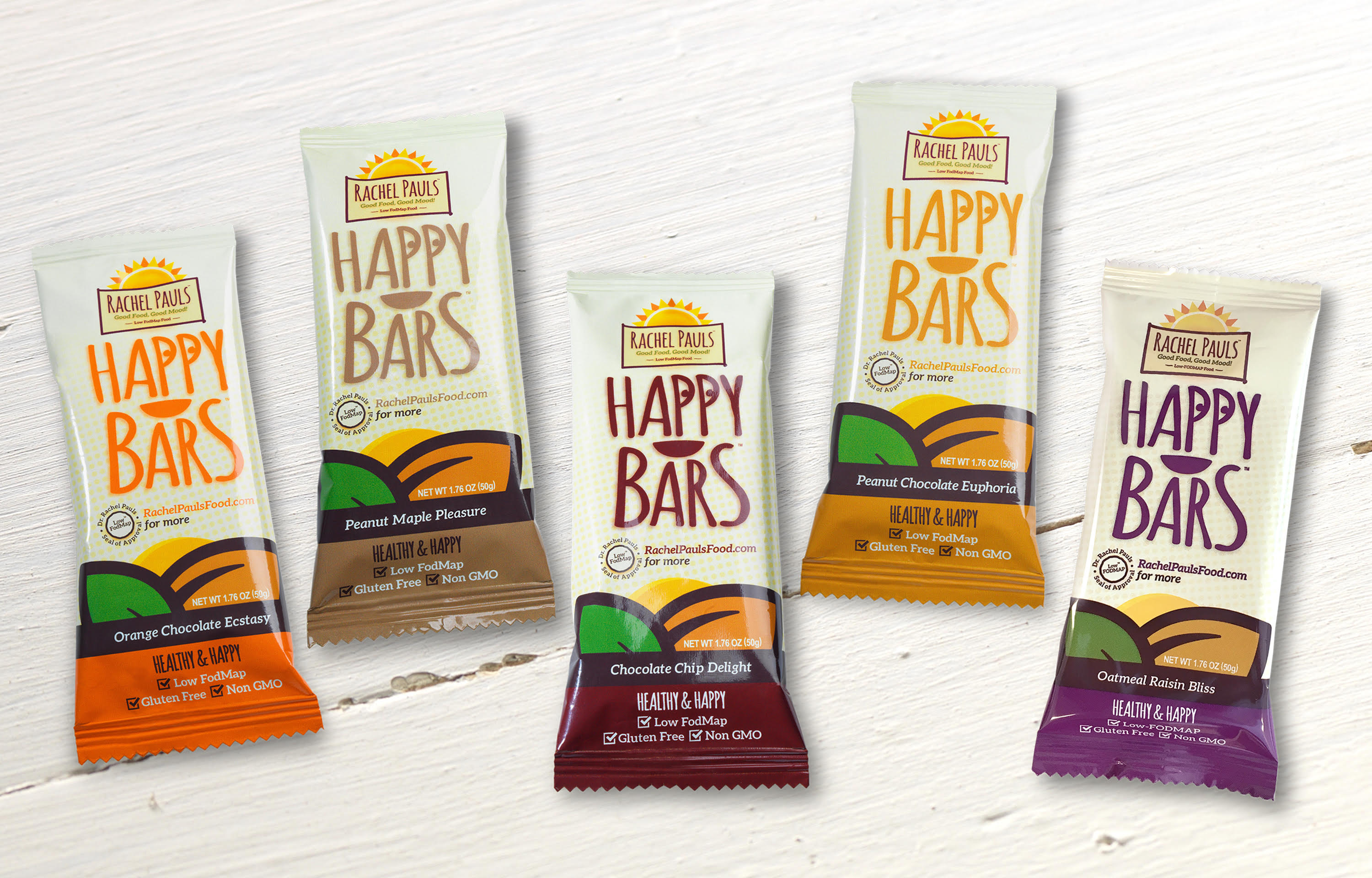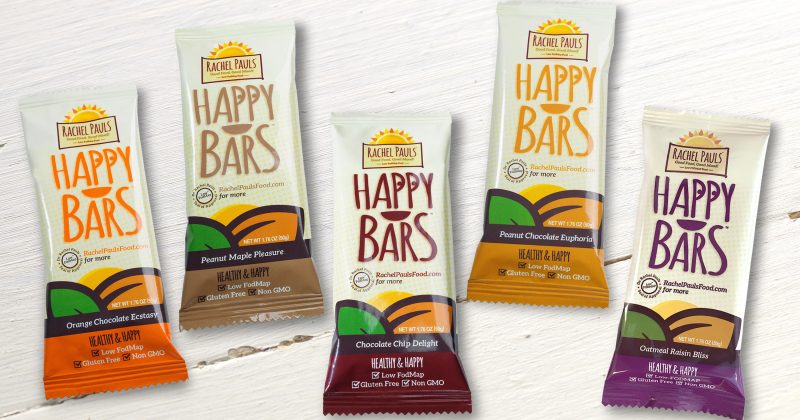When we were in junior high, one of our best friends always complained about her upset stomach. We felt terrible for her and wanted to help, but didn’t know what we could do. She went to the doctor a lot and seemed to try everything — we remember her having to avoid nuts and seeds, then breads, and later what seemed to be everything else. But nothing much seemed to help and she never really had too many answers about her pain or ways to feel better.
Years later, she was diagnosed with IBS (Irritable Bowel Syndrome). Now, as registered dietitians who work regularly with kids (and adults!) who have IBS, we know exactly what to do to help them, and we think of our childhood friend frequently and wish we knew then what we know now!
If you’re like many of our friends and their children as well as our clients who have IBS, you’re not alone; about 20% of the population (including Tammy’s husband!) has this common GI condition, that is sometimes referred to as spastic colon or colitis. If you know anyone who has it, it’s not exactly a walk in the park– its symptoms include gas, bloating, diarrhea and/or constipation several times a month or week. Although it’s unclear what contributes to IBS, researchers believe stress, gut-brain communications, changes to gut microbiota and other factors may play a role.
If you have IBS or if your kid does, you’re probably all too familiar with how much it can get in the way of normal, everyday living and how it can disrupt a day of fun. In fact, when parents come to us looking to help their kids, they’ve often already tried eliminating things like gluten or milk from their kids diets as they’re typically desperate to help relieve their kid’s symptoms so that they can simply play with their friends without worrying they’ll have to end up rushing off to the bathroom. We get it, that’s no way to live! Here’s what we tell them that often surprises them and that also helps them to understand what foods may be causing the discomfort.
Don’t jump to use gluten-free foods. Can gluten-free foods make your child’s tummy troubles worse? New Research Says Yes.
A recent study published in The Journal of Pediatrics revealed that children with irritable bowel syndrome (IBS), may be inadvertently eating and drinking foods and beverages that are gluten-free and supposedly more GI-friendly, but the choices are actually making their tummy troubles worse.
Note: If your child has celiac disease (only 1% of the population has celiac disease), they should avoid gluten.
What diet should kids with IBS follow? A low-FODMAP diet. (This is what we recommend for adults, too, as it’s successful in three out of four people with IBS).
When kids and adults with IBS eat foods rich in short-chain, fermentable carbohydrates, called FODMAPs, it triggers their annoying troublesome stomach issues. This is why gastroenterologists recommend a low-FODMAP diet for anyone with IBS.

FODMAPs stands for Fermentable, Oligosaccharides, Disaccharides, Monosaccharides and Polyols. FODMAPs are poorly-digested, short-chain carbohydrates that are present in a wide variety of foods, including wheat, onions, garlic, legumes, milk, yogurt, honey, apples, dried fruit, some sugar substitutes and added fiber like inulin.
So, although parents with children who have stomach issues often mistakenly believe the problem stems from wheat or gluten, this study shows that many gluten-free foods and beverages are actually high in FODMAPs and may trigger IBS symptoms in susceptible children.
The researchers analyzed foods and beverages from gluten-free breads and snacks; fruit drinks and gluten-free cereal and dairy alternatives to see if the foods and beverages had high or low-FODMAP content.
Results? Many gluten-free foods and beverages were high in FODMAPs, including certain gluten-free breads and muffins; lemonade, Snapple and cranberry juice; pretzels, potato chips and oven-baked French fries; and Rice Chex cereal.
Due to the high prevalence of IBS among the U.S. population, the authors recommend that food manufacturers provide specific FODMAP content on their products so that those who are on a low-FODMAP diet can make informed food choices (we’re all for this!). Some companies, like Rachel Pauls Food, and Nestle ProNourish are creating and marketing low-FODMAP foods and supplements.
We hope that more food manufactures follow suit and provide specific FODMAP concentrations of their products, like these companies, to help guide you when making choices about what to eat to help manage IBS symptoms. In the meantime, you can test how your kids feel when they eat foods that list that they are low in FODMAPs on the food label. And if you’d like more help and guidance, please reach out to us to schedule an appointment we’re happy to guide you to help your kids to follow a low-FODMAP diet.
This blog is sponsored by Rachel Pauls Food, makers of low-FODMAP Happy Bars and Happy Jerky to help individuals with IBS more easily follow a Low-FODMAP lifestyle. Check out their FODMAPs guide.


